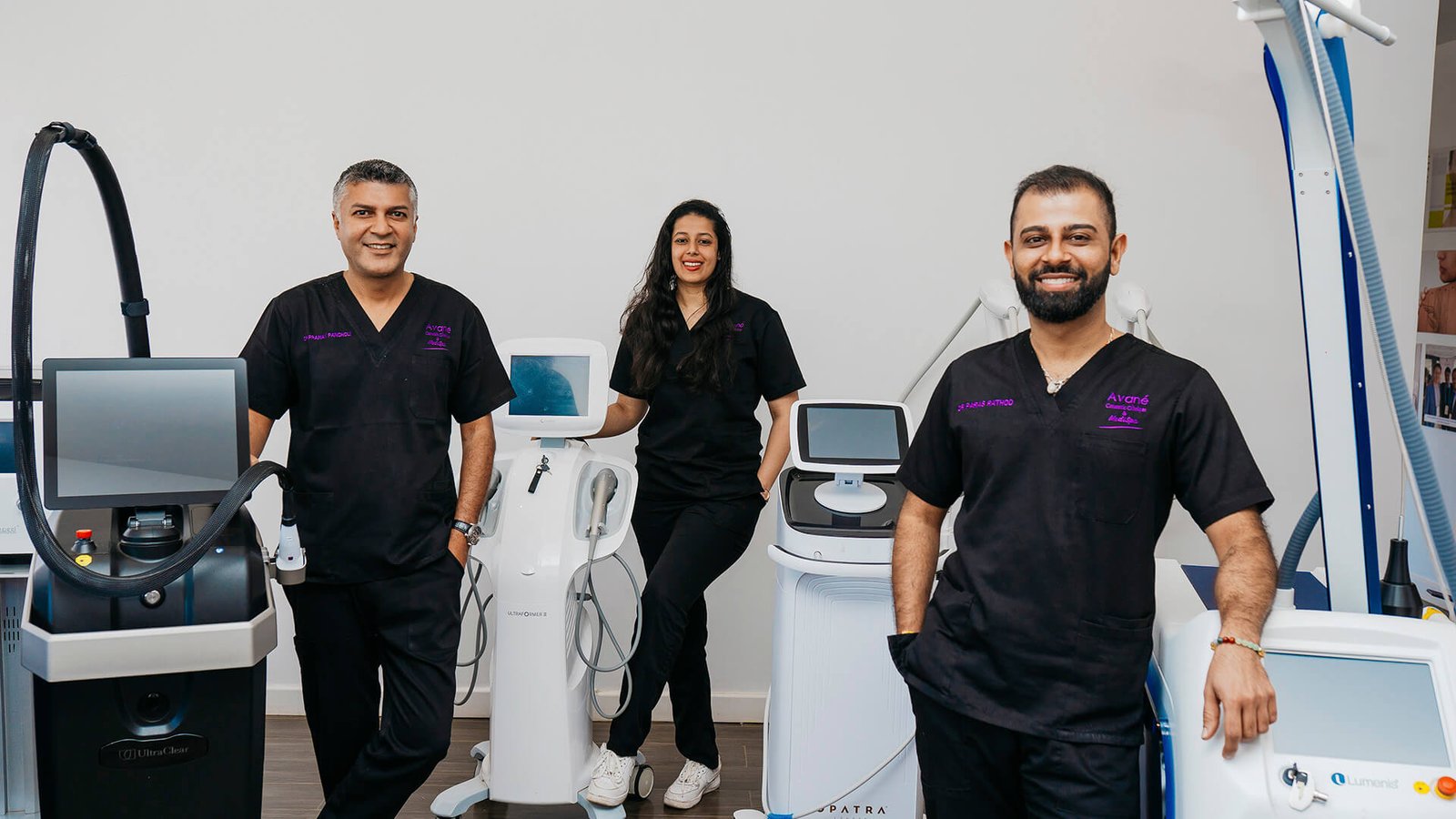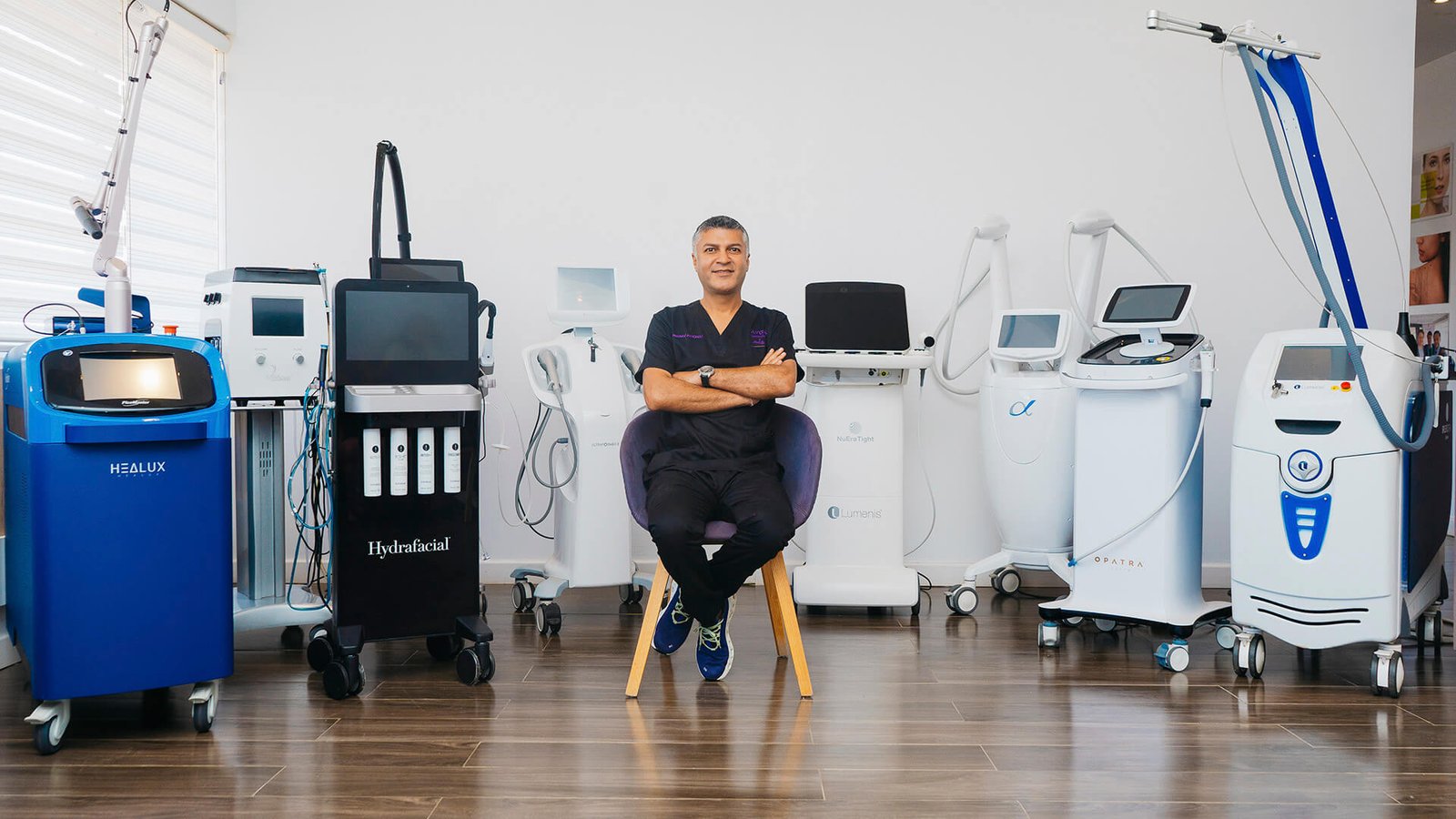Our skin is the largest organ in our body and is exposed to numerous external factors such as pollution, sunlight, and bacteria on a daily basis. As a result, it is not uncommon for people to experience skin problems at some point in their lives. While many skin issues can be treated with over-the-counter medication, there are times when it is necessary to see a dermatologist.
Dermatology is the branch of medicine that deals with the skin, hair, nails, and mucous membranes. Dermatologists are medical professionals who specialize in diagnosing and treating skin conditions. Many people may think that they only need to see a dermatologist when they have a severe skin condition or disease. However, there are many reasons why you should consider seeing a dermatologist. In this article, we will discuss some of the signs that indicate when you should see a dermatologist.
- Acne
Acne is a common skin condition that affects millions of people worldwide. It is characterized by pimples, blackheads, whiteheads, and cysts. Mild to moderate acne can usually be treated with over-the-counter medications. However, if you have severe or persistent acne, you should consider seeing a dermatologist. They can prescribe stronger medications or recommend treatments such as chemical peels or laser therapy.
- Eczema
Eczema is a chronic skin condition that causes itching, redness, and inflammation. It can occur anywhere on the body and can be triggered by various factors such as stress, allergies, and irritants. If you have eczema, you should see a dermatologist to determine the best treatment plan for your specific condition. They may recommend topical creams, oral medications, or light therapy to manage your symptoms.

- Psoriasis
Psoriasis is a chronic autoimmune condition that affects the skin, nails, and joints. It causes red, scaly patches that can be itchy and painful. If you have psoriasis, you should see a dermatologist develop a treatment plan to manage your symptoms. They may recommend topical creams, oral medications, or light therapy to reduce inflammation and improve the appearance of your skin.
- Skin Cancer
Skin cancer is the most common type of cancer in the United States. It occurs when the skin cells are damaged by the sun’s ultraviolet (UV) rays or other sources of radiation. If you notice any changes in your skin, such as new moles, freckles, or skin growths, you should see a dermatologist. They can perform a skin exam and biopsy any suspicious areas to determine if they are cancerous.
5. Rosacea
Rosacea is a chronic skin condition that causes redness, flushing, and small bumps on the face. If you have rosacea, you should see a dermatologist to develop a treatment plan to manage your symptoms. They may recommend topical or oral medications, light therapy, or laser therapy to improve the appearance of your skin.

6. Hair Loss
Hair loss can be a sign of an underlying medical condition such as thyroid disease or autoimmune disorders. If you notice significant hair loss, you should see a dermatologist to determine the cause of your hair loss and develop a treatment plan. They may recommend topical medications, oral medications, or hair transplant surgery depending on the cause and severity of your hair loss.
7. Nail Problems
Nail problems such as discolouration, thickening, and ridges can be a sign of an underlying medical condition. If you have any persistent nail problems, you should see a dermatologist to determine the cause and develop a treatment plan. They may recommend topical or oral medications, or in severe cases, surgery to remove the affected nail.
8. Chronic Itching
Chronic itching can be a sign of an underlying medical condition such as liver or kidney disease, thyroid disorders, or skin conditions such as eczema or psoriasis. If you have chronic itching that is not relieved by over-the-counter medications, you should see a dermatologist to determine the cause and develop a treatment plan.
- Varicose Veins
Varicose veins are swollen, twisted veins that are visible under the skin. They can be a sign of an underlying medical condition called venous insufficiency, which occurs when the veins in the legs are not functioning properly. If you have varicose veins, you should see a dermatologist who specializes in treating vascular conditions to determine the best treatment plan. They may recommend lifestyle changes, compression stockings, or in severe cases, minimally invasive procedures to improve the appearance and function of your veins.

10. Suspicious Moles
If you notice a new or changing mole, it is important to have it checked out by a dermatologist. While most moles are harmless, some can be a sign of skin cancer. Dermatologists can perform a biopsy to determine whether the mole is cancerous and can recommend the appropriate treatment.
In conclusion, there are many reasons why you should consider seeing a dermatologist. If you have any skin, hair, or nail concerns, or notice any changes in your skin, it is always better to be safe and consult with a dermatologist. They can provide you with a proper diagnosis, develop a treatment plan, and help you maintain healthy skin for years to come. Remember, prevention is always better than cure, so don’t hesitate to make an appointment with a dermatologist if you have any concerns about your skin.
In line with this, at the Avané Clinic in Nairobi, we offer specialized dermatology services to all patients. Avané Clinic is a world-renowned dermatology clinic, with exceptionally gifted and well-equipped medical personnel, under the guidance and leadership of Dr Pancholi. We offer quality and affordable dermatology services that will help turn your life around. Don’t let any skin problem ruin your life. Pay us a visit at the Yaya Center in Nairobi and experience the best dermatology services of your life. Furthermore, feel free to get in touch with our clinic to make an inquiry or book an appointment.




